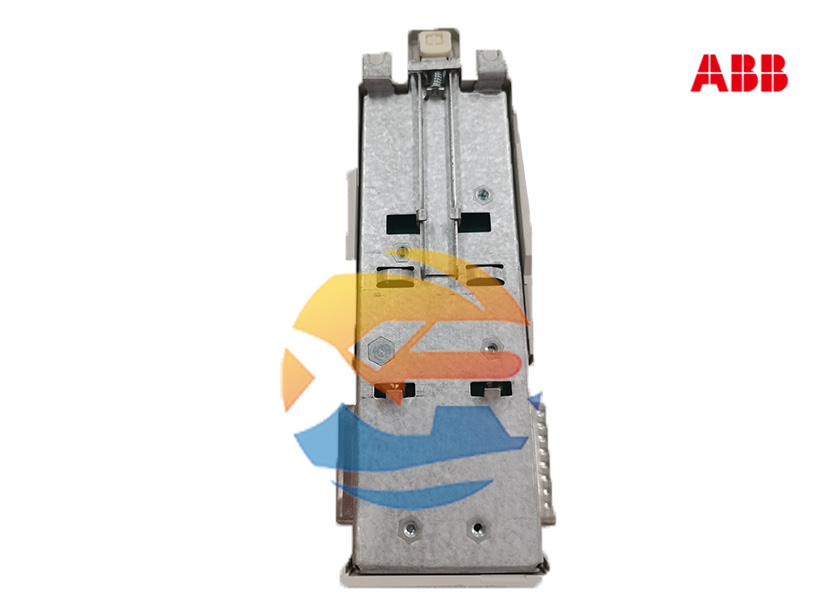
In modern industrial automation, the control system is the brain, but it requires powerful nodes to interact with the real world and the people who manage it. The ABB TP854 is a critical component in this architecture: a robust Automation Computer designed specifically for ABB's flagship System 800xA. This article provides a comprehensive technical examination of the TP854, exploring its role, key features, and the specifications that make it a reliable workhorse in demanding industrial environments.
The ABB TP854 is not a standard office PC. It is a ruggedized, industrial-grade computer engineered to operate as a key node within the ABB System 800xA Distributed Control System (DCS). Think of it as a dedicated, high-performance engine that runs specific software components of the 800xA system.
Its primary function is to host and execute critical 800xA client and server applications directly on the plant floor or in control rooms, ensuring seamless integration and high performance for operators and engineers.
Within the hierarchical structure of System 800xA, the TP854 plays several vital roles:
The TP854 is built with industrial reliability and performance as its core principles.
Unlike commercial computers, the TP854 is built to withstand the harsh conditions of industrial facilities.
To handle the graphics and data processing of a modern DCS, the TP854 is equipped with powerful hardware:
The TP854 is typically delivered with the necessary ABB System 800xA software pre-installed and optimized for the specific hardware. This "hardware-software package" approach reduces integration time, ensures compatibility, and simplifies maintenance.
For critical nodes where uptime is non-negotiable (e.g., a primary operator station), the TP854 can be configured in a redundant pair. If the primary computer fails, the secondary unit automatically takes over, ensuring no loss of operational visibility or control.
The computer features a range of ports to connect to various peripherals and networks:
The TP854 is a fundamental building block of a scalable System 800xA installation. It delivers the computational power needed to transform raw process data into actionable information for personnel, thereby enabling safe, efficient, and profitable plant operation.
The ABB TP854 Automation Computer is a purpose-built industrial computing solution that provides the necessary performance, reliability, and integration for ABB's System 800xA. Its rugged design ensures continuous operation in demanding environments, making it an ideal choice for roles ranging from operator workplaces to engineering stations, forming a critical link between the control system and the people who depend on it.